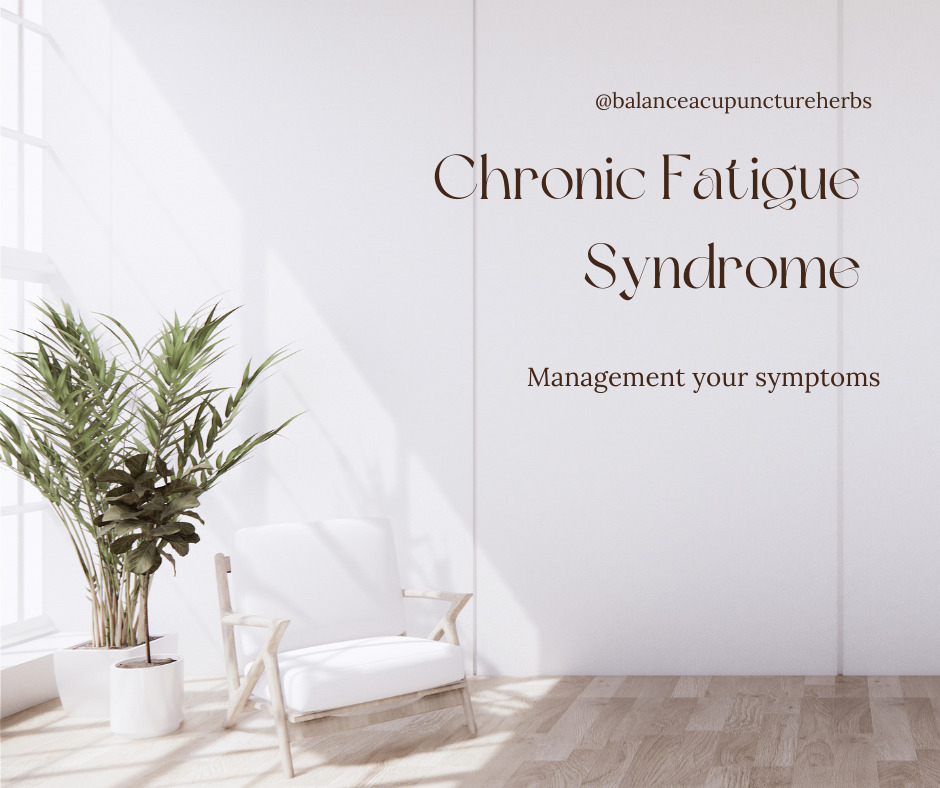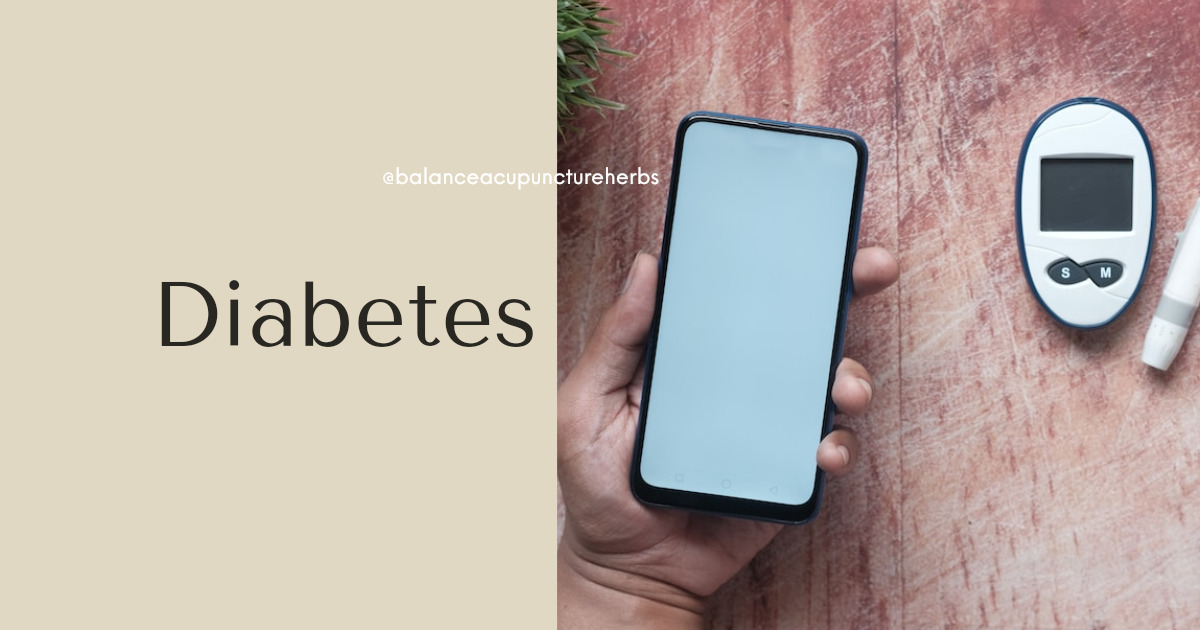
Chronic Fatigue Syndrome-Could You Have ME/CFS?
April 2, 2023
Diabetes
April 28, 2023|
Getting your Trinity Audio player ready...
|
Parkinson’s Disease in Acupuncture
Wily, he began to have trembling fingers, a slow gait, and an expressionless face two or three years ago. Then, after seeing his health provider, he was diagnosed with Parkinson’s disease and started to take Levodopa (Levodopa) treatment. At first, there was a slight effect, but not only did it not improve significantly after that, but the spirit also worsened, hand tremors gradually aggravated, small steps appeared in walking, and insomnia became more and more serious.
What is Parkinson’s disease?
Parkinson’s disease is mainly caused by the continuous degeneration and death of the nerves that secrete “dopamine” in the “substantia nigra” area of the midbrain. Nerve dopamine primarily affects the control and balance of the body. Therefore, when the dopamine-secreting nerve cells in the substantia nigra are reduced to more than 50%, the symptoms of Parkinson’s disease will appear one after another.
Parkinson’s disease is a chronic degenerative disease of the central nervous system, mainly occurring in middle-aged and older people. The main clinical manifestations are resting tremors, bradykinesia, muscle rigidity, and abnormal posture and gait. In addition, some patients showed attention loss, dementia, depression, and autonomic dysfunction, such as orthostatic hypotension and constipation. Parkinson’s disease has a slow onset and is a slow, progressive development process.
Treatment
There is currently no effective drug that can cure Parkinson’s disease. Therefore, the treatment is mainly reflected in controlling the development of the disease and improving the patient’s symptoms.
The Role of Acupuncture Treatment
Acupuncture therapy, as a safe, effective, and non-toxic green therapy, has been accepted by more and more people. Its clinical efficacy in the treatment of Parkinson’s disease is mainly reflected in the following five aspects:
First, improving motor and non-motor symptoms: Acupuncture treatment of the disease has the advantage of overall regulation, fully mobilizing the patient’s functions, and improving symptoms such as tremor, walking, writing, constipation, dysuria, fatigue, pain, and insomnia.
Second, reduce the adverse reactions of Western medicine: Western medicine can cause nausea, vomiting, constipation, dizziness, insomnia, mental depression, and other complications while treating diseases, which can aggravate the patient’s non-motor symptoms. Reduce the incidence of the above adverse reactions.
Third, delaying the course of the disease: By comparing acupuncture combined with Western medicine and Western medicine alone, acupuncture can slow the course of the disease to a certain extent.
Fourth, reduce the dosage of Western medicine: Patients often need to increase the dose or the types of drugs as the disease progresses. Acupuncture can relieve symptoms, delay the disease process, and effectively reduce the dosage of Western medicine.
Fifth, enhance the patient’s physical fitness and improve the quality of life: the quality of life has been paid more and more attention by patients. It has gradually become a part of clinical efficacy evaluation. Acupuncture can correct the patient’s “yin and yang imbalance,” enhance physical fitness, improve the immune system, and dynamically adjust the patient’s quality of life.
Relate article: [Depression ] Acupuncture for Depression – Balance Acupuncture & Herbs (balanceacupunctureherbs.com)
References
Fan JQ, Lu WJ, Tan WQ, Feng WC, Zhuang LX. Acupuncture for Parkinson’s disease: From theory to practice. Biomed Pharmacother. 2022 May;149:112907. doi: 10.1016/j.biopha.2022.112907. Epub 2022 Mar 31. PMID: 35366533.
Zhao Y, Zhang Z, Qin S, Fan W, Li W, Liu J, Wang S, Xu Z, Zhao M. Acupuncture for Parkinson’s Disease: Efficacy Evaluation and Mechanisms in the Dopaminergic Neural Circuit. Neural Plast. 2021 Jun 15;2021:9926445. doi: 10.1155/2021/9926445. PMID: 34221005; PMCID: PMC8221898.
Deuel LM, Seeberger LC. Complementary Therapies in Parkinson Disease: a Review of Acupuncture, Tai Chi, Qi Gong, Yoga, and Cannabis. Neurotherapeutics. 2020 Oct;17(4):1434-1455. doi: 10.1007/s13311-020-00900-y. PMID: 32785848; PMCID: PMC7851283.
Jang JH, Yeom MJ, Ahn S, Oh JY, Ji S, Kim TH, Park HJ. Acupuncture inhibits neuroinflammation and gut microbial dysbiosis in a mouse model of Parkinson’s disease. Brain Behav Immun. 2020 Oct;89:641-655. doi: 10.1016/j.bbi.2020.08.015. Epub 2020 Aug 19. PMID: 32827699.
Cao L, Li X, Li M, Yao L, Hou L, Zhang W, Wang Y, Niu J, Yang K. The effectiveness of acupuncture for Parkinson’s disease: An overview of systematic reviews. Complement Ther Med. 2020 May;50:102383. doi: 10.1016/j.ctim.2020.102383. Epub 2020 Mar 12. PMID: 32444048.
Prasad EM, Hung SY. Current Therapies in Clinical Trials of Parkinson’s Disease: A 2021 Update. Pharmaceuticals (Basel). 2021 Jul 25;14(8):717. doi: 10.3390/ph14080717. PMID: 34451813; PMCID: PMC8398928.
Zhuang XX, Wang SF, Tan Y, Song JX, Zhu Z, Wang ZY, Wu MY, Cai CZ, Huang ZJ, Tan JQ, Su HX, Li M, Lu JH. Pharmacological enhancement of TFEB-mediated autophagy alleviated neuronal death in oxidative stress-induced Parkinson’s disease models. Cell Death Dis. 2020 Feb 18;11(2):128. doi: 10.1038/s41419-020-2322-6. PMID: 32071296; PMCID: PMC7028954.
Pereira CR, Machado J, Rodrigues J, de Oliveira NM, Criado MB, Greten HJ. Effectiveness of Acupuncture in Parkinson’s Disease Symptoms-A Systematic Review. Healthcare (Basel). 2022 Nov 21;10(11):2334. doi: 10.3390/healthcare10112334. PMID: 36421658; PMCID: PMC9690518.
Yeo S, van den Noort M, Bosch P, Lim S. A study of the effects of 8-week acupuncture treatment on patients with Parkinson’s disease. Medicine (Baltimore). 2018 Dec;97(50):e13434. doi: 10.1097/MD.0000000000013434. PMID: 30557997; PMCID: PMC6320216.




